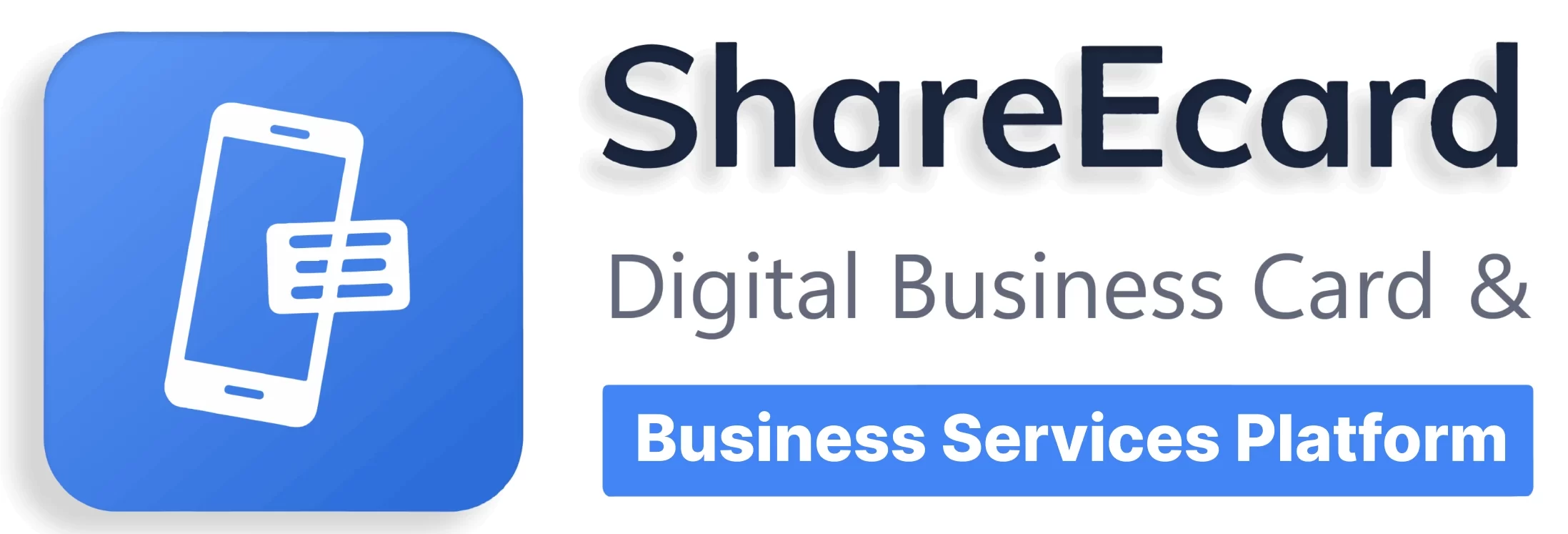Identifying a career path that aligns with your interests is a journey worth embarking on. Did you know that the average person switches their career 5-7 times? That is wild! And makes taking the time to really figure out what best fits your interests seem really worth it.
Whether you’re just starting out or considering a change, pursuing a career that truly matches your passions can bring a sense of fulfillment and satisfaction. Your career should be more than just a means to an end; it should be something that keeps you motivated and eager to grow. Finding this perfect match can be easier with insights into what career interests entail.
Discovering Your Passions
Finding a career path that aligns with your passions is key to a fulfilling work life. Engage in activities you love and listen to inspiring stories to identify what truly excites you.
1. Reflect on Your Hobbies
Think about what you naturally gravitate towards in your free time. Do you enjoy painting, coding, or maybe gardening? Can you turn one of your hobbies into something you could pursue professionally? Painting could turn into a surface pattern designer. Gardening could turn into a florist or vineyard worker.
Analyze patterns in your interests. Do they involve creativity, problem-solving, or helping others? Note these tendencies as they can guide you toward a career that brings together your passions and talents.
2. Seek Inspirational Stories
Connecting with others’ experiences can illuminate your path. Read about people who’ve turned their passions into successful careers. This can provide motivation and reveal paths you hadn’t considered.
Do you know who Brandon Stanton is? What about Humans of New York? Yup, he turned his self-taught photography skills into a full fledged job. Two Jennifers—Hyman and Fleiss—took their love for clothing and fashion and created Rent the Runway. If they can do it, why can’t you?
Attend talks or podcasts where professionals discuss their journeys. Listening to personal stories can spark ideas and help you see the challenges and rewards of pursuing your passions.
3. Explore Extracurricular Activities
Join clubs, classes, or workshops outside of work to test your interests further. These activities offer hands-on experience and introduce you to like-minded individuals who share your passions.
Volunteering is another excellent option where you can immerse yourself in new environments and gain practical insights. If you’re not sure what you enjoy, these types of opportunities can help you figure that out.
Assessing Your Skills and Strengths
Choosing a career path aligned with your interests often involves recognizing your unique skills and strengths.
5. Take Skills Assessments
Skills assessments can be an important step to identify your career interests. These tools help you gain insight into your abilities and highlight areas where you naturally excel. Online platforms offer a range of assessments.
Try doing some self-reflection and journaling. Write about what you enjoy doing and consider the skills required for those activities. These exercises can provide clarity and help confirm assessment results.
Talk to colleagues or mentors. They could offer valuable perspectives on your capabilities. Their feedback can be instrumental in validating what assessments reveal about your strengths.
6. Identify Your Strengths
Reflecting on past successes can be an effective way to identify strengths. Think about times when you felt particularly capable or proud of your work. What strengths helped you achieve these successes?
Feedback from peers and supervisors can be invaluable. Ask them what they believe your strongest attributes are. Their external view can provide new insights and affirm your self-assessment.
It’s also beneficial to consider strength-based tools like the CliftonStrengths assessment. These tools focus on recognizing inherent talents, helping you understand what sets you apart from others. They highlight areas you might not have previously considered as strengths.
7. Consider Your Educational Background
Review your educational path and the skills you’ve gained. Subjects you’ve studied and the skills required can offer clues about your potential career interests. Consider both formal and informal education, including coursework and hands-on experiences.
Analyze any special projects or extracurricular activities that were particularly engaging. Often, these experiences leave lasting impressions and point to areas where your interests and strengths converge.
Consult with academic advisors or former teachers. Their insights into your educational background, and how you performed, can help you recognize strengths that might be valuable in your career search. Hearing their thoughts can spark new ideas and validate your self-assessment.
Researching Potential Careers
Embarking on a career path requires thorough exploration. You’ll benefit from attending events that connect you with industry professionals, getting insights through personal dialogues, and leveraging dedicated planning tools to guide your career journey.
8. Attend Career Fairs
Career fairs offer an invaluable opportunity to explore various industries and roles. You can speak directly with recruiters and professionals from different fields and ask questions about job expectations, company cultures, and potential career paths.
Preparation is key. Before attending, research the companies and roles that interest you. Bring copies of your resume and prepare a short introduction about yourself. Engaging positively with representatives can leave a lasting impression. These events often provide workshops and seminars, giving you deeper insights into job markets and trends.
9. Conduct Informational Interviews
Informational interviews are one-on-one meetings with professionals in your fields of interest. These sessions give you a chance to learn about specific careers from those who know them best. They offer first-hand insights into what a day in the life of a particular job looks like.
Start by reaching out to professionals on LinkedIn or through mutual connections. Prepare thoughtful questions that cover job responsibilities, challenges, and skill requirements. Be respectful of their time and express genuine interest in their experiences. Remember, this is not a job interview, but an opportunity to learn and network effectively.
10. Use Career Planning Resources
There are numerous resources available to assist with career planning. Online platforms, such as LinkedIn and Glassdoor, provide extensive information on different career paths, including average salaries, job responsibilities, and required qualifications.
Additionally, career counseling services can offer personalized guidance based on your interests and skills. Many universities and community centers provide these services, often at little to no cost. Utilizing apps and career assessment tests can also help clarify your interests and suggest matching career options. These tools can be instrumental in making well-informed decisions about your future.
Mapping Your Career Journey
Choosing a career path involves aligning your personal goals with the opportunities available. It requires both planning and flexibility to adapt as new possibilities arise.
Set Short-Term Goals
Start by identifying specific, achievable milestones. These goals help you gain clarity and confidence in your abilities. They act as stepping stones toward your long-term aspirations and can vary in nature, such as acquiring a new skill or completing a project.
Make sure these goals are SMART: Specific, Measurable, Achievable, Relevant, and Time-bound. Use a notebook or digital tool to track your progress. Celebrate small victories to maintain motivation and stay inspired. Remember, short-term goals should be flexible and adaptable, driving you forward without being overwhelming.
Plan For Long-Term Success
Long-term success is built on a strong foundation of planning. Envision where you see yourself in five, ten, or even twenty years. Consider what you’d like to achieve professionally and how it aligns with your personal values.
Create a roadmap outlining the key steps needed to reach your ultimate objectives. This might include further education, certifications, or networking with industry leaders. Adjust your plans as needed, understanding that your career path can evolve over time.
Stay Open to New Opportunities
The future is unpredictable. While having a plan is vital, it’s equally important to remain open to unexpected opportunities. Sometimes, what you initially consider a deviation might become a perfect fit for your evolving interests and skills.
Explore beyond your current job description by volunteering for new projects or attending industry events. Engaging with a variety of experiences can lead to growth and unexpected career paths. Embrace change as it comes, and don’t hesitate to recalibrate your plans if a new opportunity looks promising.




